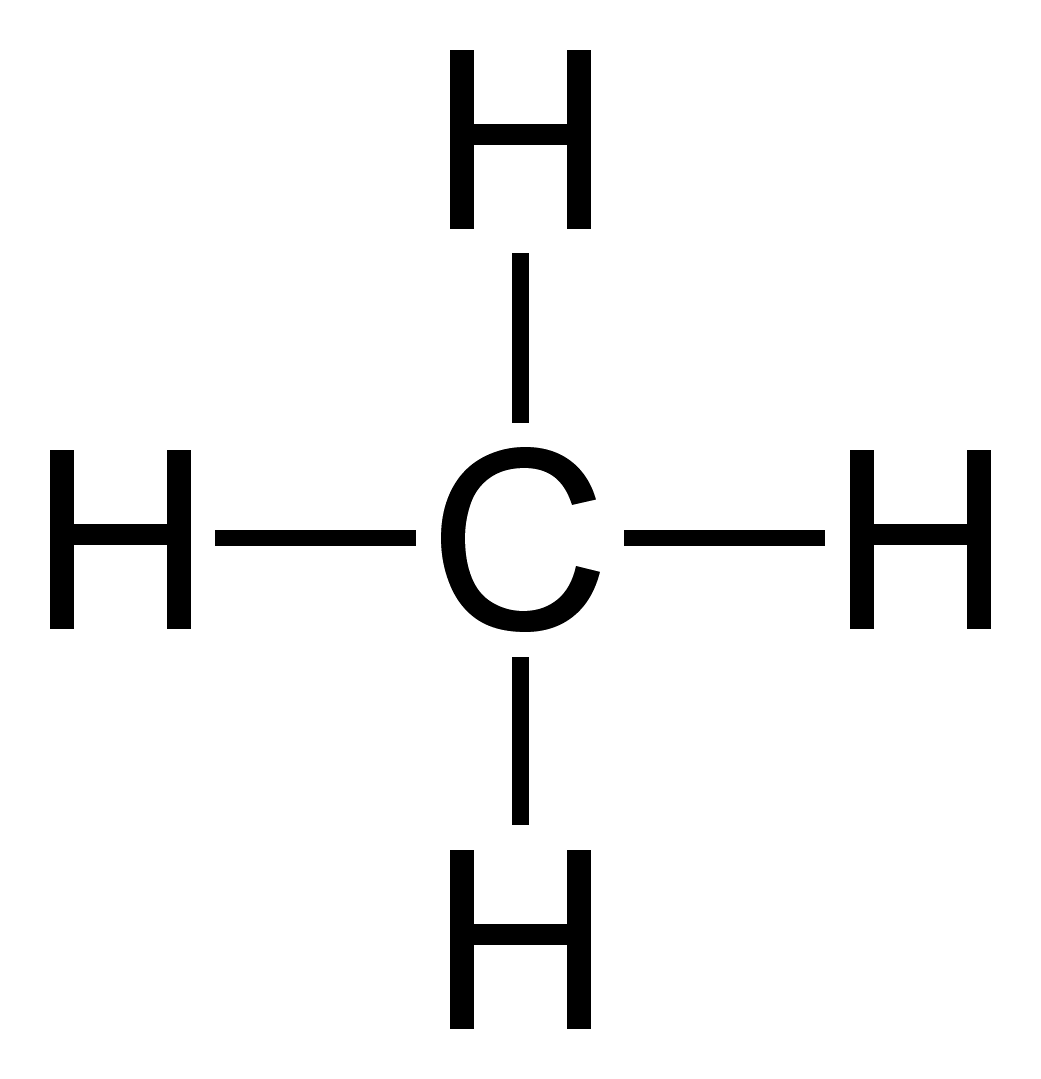We talked before about the White House's proposed new regulations on Methane emissions, which came on the heels of the Administration supporting increased natural gas exports in response to the Russia/Ukraine debacle. Well the EPA whitepapers have come out now outlining proposed changes on each of the industries involved - you can check those out here: EPA Methane Whitepapers
The Admin proposed changes cite the Agricultural sector as the largest methane producer, followed by Nat Gas. The difference however, is changes proposed for Agriculture are "voluntary" versus regulatory changes for the Nat Gas sector. As usual, environmental groups cheered and said too little too late, while the industry said given it's in their financial best interest to control leakage (their main source of environmental methane), new regulations are an uneccessary burden.
As we said before, it's hard not to infer from the timing that increasing regulations on methane is at least in part due to environmental and consumer backlash on exports over environmental and supply/pricing concerns. However, given that exporting should increase revenue greatly for the industry it's a pretty savvy time to introduce regulations that may be costly.
On the consumer side, news has been breaking recently on the number of gas leaks in communities. In the wake of several explosions, there has been some digging into just how big a problem neighborhood leaks may be, and the news is not good. Some estimates (including a Boston University Study) peg the number of neighborhood leaks in the City of Boston alone at over 3400, and over 20,000 statewide. (You can read the Boston Globe article on the BU Study here: "Boston Riddled with Mostly Small Natural Gas Leaks" )
The issue with these leaks goes beyond the obvious safety and environmental concerns as well. Gas that escapes en route to the consumer is paid for by the consumer. Its estimated that Massachusetts ratepayers are paying an average of $39 million dollars a year for leaked gas ($640 million-1.5 Billion from 2000-2011 according to a study by Senator Ed Markey's Office)

